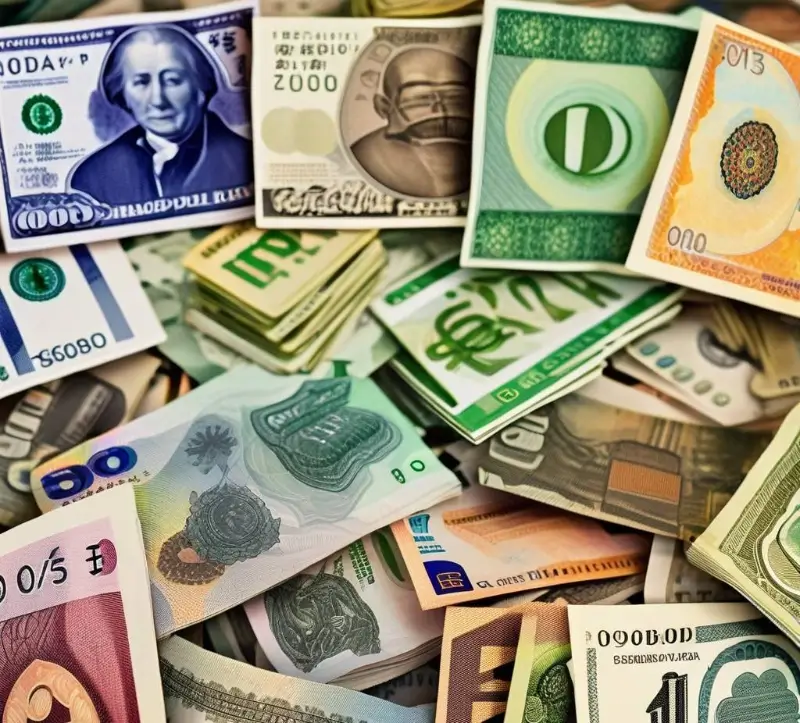Why is inflation happening?
Inflation refers to an economic phenomenon in which the purchasing power of money decreases, resulting in a continuous increase in the general price level. The causes of inflation are complex and often involve the interplay of multiple factors. Here are some common causes of inflation:
- Demand-pull inflation: This is the most direct cause. When aggregate demand exceeds aggregate supply, businesses raise prices in response to increased demand. This usually happens when the economy is growing rapidly, consumer confidence is strong, and both investment and consumption have increased significantly.
- Cost-push inflation: When production costs rise (e.g., raw material prices, wage increases, energy bills increase, etc.), businesses may pass those costs on to consumers, raising prices.
- Money Supply: When the money supply increases significantly while the supply of goods and services in the economy does not increase accordingly, the purchasing power of money decreases, causing prices to rise. This situation may be caused by the accommodative monetary policy of the central bank.
- Expected inflation: If consumers and businesses expect prices to rise in the future, they may buy goods and services in advance to avoid higher prices in the future. This expectation is self-fulfilling and leads to inflation.
- Supply chain disruptions: Supply chain disruptions, such as natural disasters, wars, pandemics, or other unforeseen events, can reduce the supply of goods, which can drive up prices.
- Changes in demand structure: Technological advancements, changes in consumer preferences, or adjustments in government policies may alter the demand for specific goods or services, resulting in price fluctuations.
- International factors: Globalized supply chains and changes in international trade policies may affect domestic price levels. For example, rising prices for imported goods may lead to an increase in the domestic price level.
The effects of inflation are multifaceted and may include a decrease in purchasing power, an increase in profit margins, an increase in inequality in income distribution, etc. As a result, governments and central banks usually monitor inflation closely and adopt appropriate monetary and fiscal policies to control it.



